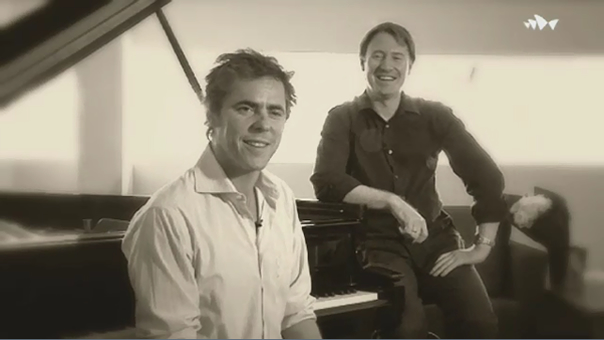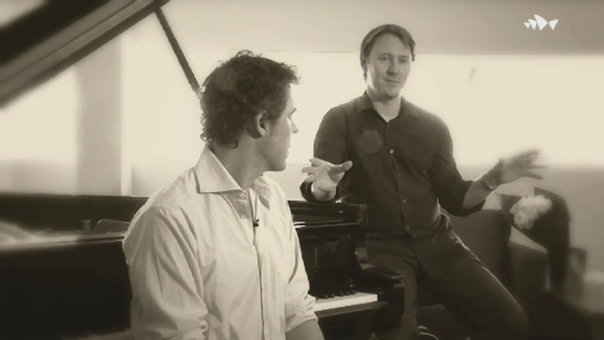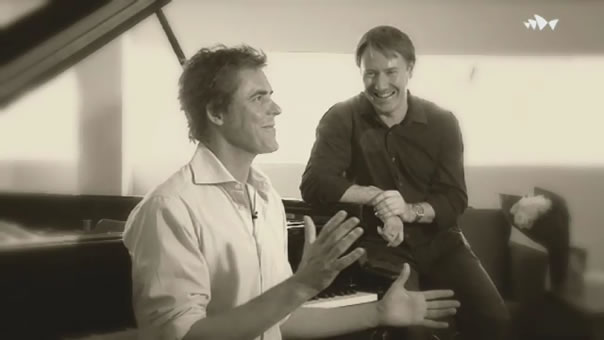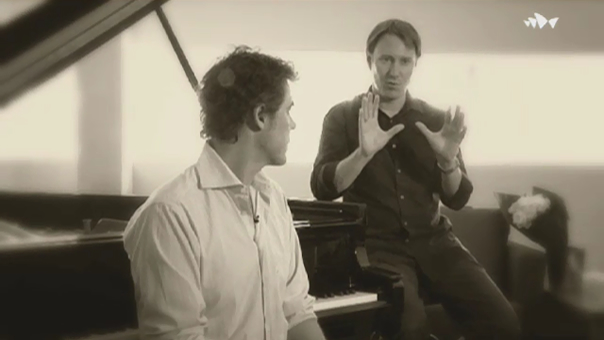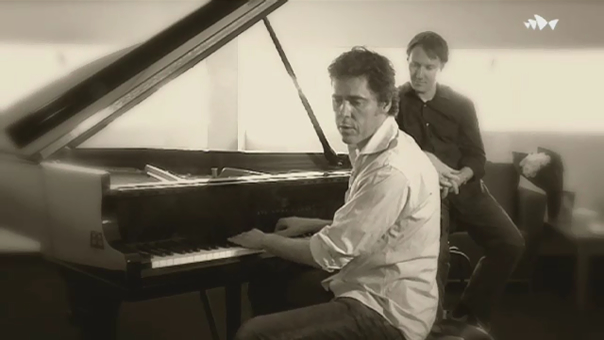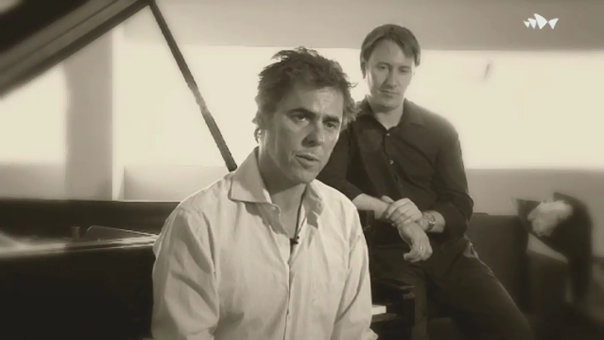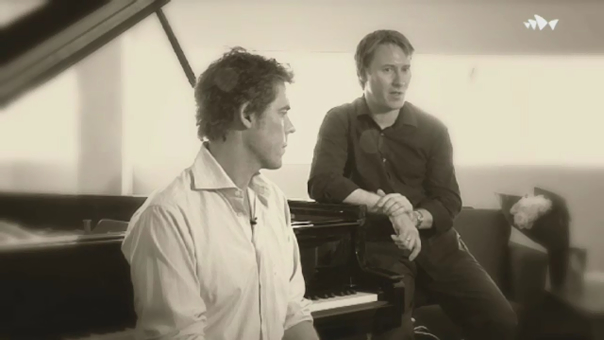Preparation
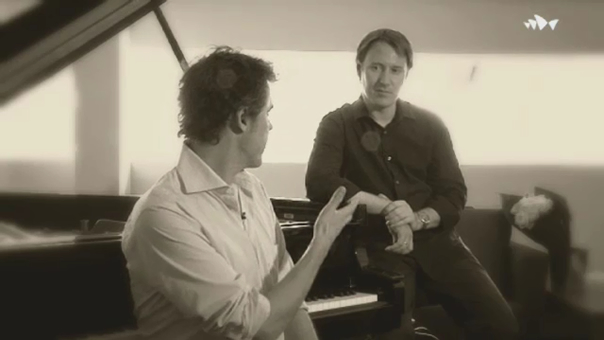
NSW DEC Copyright 2015
Viewing guide
In a small group, or as a class, discuss the importance of preparation to successful performance. How do you prepare a work for performance?
-
Tim is surprised how few times the orchestra has to rehearse the arrangements. What does he put this down to?
-
How are the orchestra rehearsals different to rehearsing the band? Why?
-
Ben notes that ‘particular arrangements are more challenging and need more time’. Which arrangements does he like to concentrate on and why?
-
Why is Tim ‘just listening for spots to not play’ when performing with the orchestra?
-
Why are these spots Tim’s ‘favourite bits’?
Questions and discussion points:
-
What differs in rehearsal time?
-
Why does Tim listen ‘for spots to not play basically’?
-
What is the space for?
[Music: No Aphrodisiac by The Whitlams performed with the Sydney Symphony Sinfonia]
Freya Lombardo (interviewer): How did you structure the rehearsals and what came out of the time that you had together?
Tim Freedman: I was amazed that whenever I work with an orchestra how few times they have to play the track before they’ve got it sounding perfect. And it’s a testament to the arrangements. You know the notes are very well thought out and generally we just play a song twice and then we’re on. When I’m rehearsing a four piece band we’ll do a song five or six times because nothing’s written down and we have to make it up as we go. But it’s amazing how quick the rehearsals are. And I think there’s different types of arrangements. Some are more difficult from a conductor’s point of view.
Ben Northey: We’ve discovered as the concerts have evolved and as we’ve performed more and rehearsed more with the orchestras which particular arrangements are more challenging and need more time. There are some that are very exposed for the orchestra and they are the ones that I like to concentrate on to make sure that when the focus is fairly and squarely on the orchestral component of the concert that that is obviously well rehearsed and sounding as best as possible. You’ve got some really high quality music in this concert and so there’s a real responsibility to make sure that we’re getting what they want. We have to work quite hard, but the thing is the musicians are so good with the orchestras that, as Tim says, it’s very rare that we need to go back over a lot of the arrangements more than once or twice.
Freya: Tim, do you play differently when you perform with a large orchestra?
Tim: We find that when we play with an orchestra one of the main challenges is in rehearsal, to listen to all the parts, because often the arrangers will write things that might clash with what I would normally play in a four piece. So, I’m just listening for spots to not play basically and they’re my favourite bits because that’s when you know that the audience is really hearing the orchestra as opposed to a backing texture to a rock band. And so we all play a little bit softer than usual. We play a little bit less than usual just to give space to the arrangers’ ideas.
[Music and applause]
